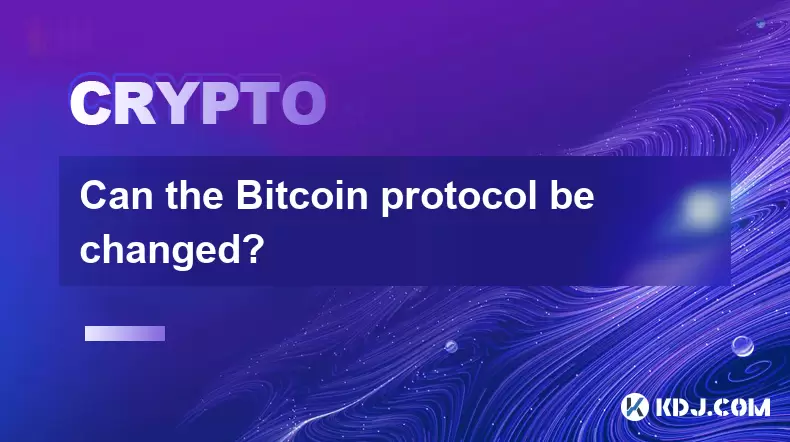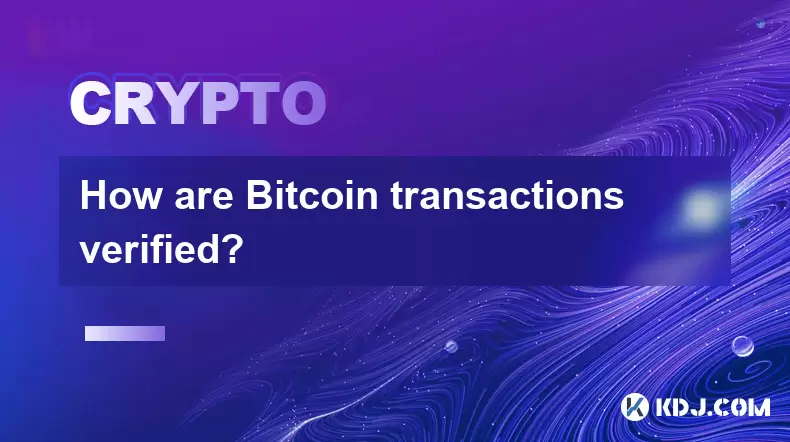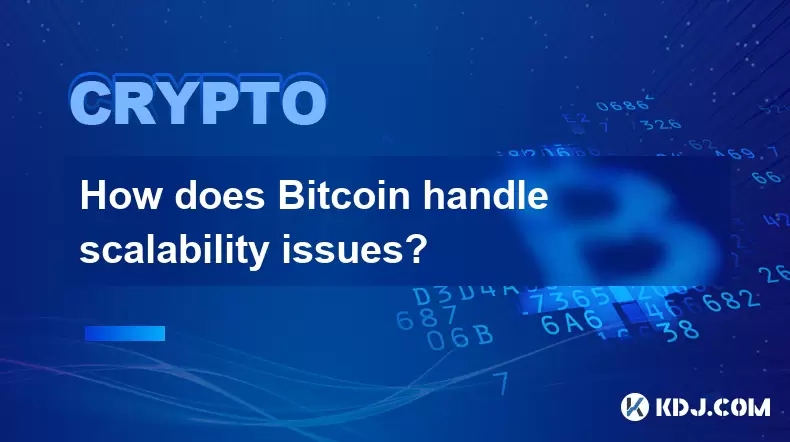-
 Bitcoin
Bitcoin $117500
2.15% -
 Ethereum
Ethereum $3911
6.19% -
 XRP
XRP $3.316
10.79% -
 Tether USDt
Tether USDt $1.000
0.01% -
 BNB
BNB $787.2
2.24% -
 Solana
Solana $175.2
4.15% -
 USDC
USDC $0.9999
0.00% -
 Dogecoin
Dogecoin $0.2225
8.40% -
 TRON
TRON $0.3383
0.28% -
 Cardano
Cardano $0.7868
6.02% -
 Stellar
Stellar $0.4382
9.34% -
 Hyperliquid
Hyperliquid $40.92
7.56% -
 Sui
Sui $3.764
7.63% -
 Chainlink
Chainlink $18.48
10.66% -
 Bitcoin Cash
Bitcoin Cash $582.1
1.88% -
 Hedera
Hedera $0.2601
6.30% -
 Avalanche
Avalanche $23.33
4.94% -
 Ethena USDe
Ethena USDe $1.001
0.02% -
 Litecoin
Litecoin $122.3
2.04% -
 UNUS SED LEO
UNUS SED LEO $8.969
-0.27% -
 Toncoin
Toncoin $3.339
0.86% -
 Shiba Inu
Shiba Inu $0.00001287
4.30% -
 Uniswap
Uniswap $10.43
7.38% -
 Polkadot
Polkadot $3.861
5.08% -
 Dai
Dai $1.000
0.02% -
 Bitget Token
Bitget Token $4.513
3.41% -
 Monero
Monero $267.7
-6.18% -
 Cronos
Cronos $0.1499
4.14% -
 Pepe
Pepe $0.00001110
5.15% -
 Aave
Aave $284.9
8.28%
What is Bitcoin? Introduction to Bitcoin's issuance price, total volume and white paper
Despite its immense popularity today, Bitcoin's humble beginnings were marked by an unknown issuance price of approximately $0.008 per coin when first mined in 2009.
Oct 07, 2024 at 02:29 pm

What is Bitcoin?
Bitcoin is a decentralized digital currency created in 2009 by an anonymous person or group known as Satoshi Nakamoto. It operates on a blockchain, a distributed ledger system that verifies and records transactions.
Issuance Price
The exact issuance price of Bitcoin is unknown, as it was not sold in a formal initial coin offering (ICO) or through a pre-mine. However, it is generally believed that the first batch of bitcoins was mined by Satoshi Nakamoto in January 2009 and was valued at approximately:
- $0.008 per Bitcoin
Total Volume
The total volume of Bitcoin is limited to 21 million. This number is hard-coded into Bitcoin's protocol, meaning that no more bitcoins can be created beyond this limit.
White Paper
Bitcoin's white paper was published by Satoshi Nakamoto on October 31, 2008, and is titled:
- "Bitcoin: A Peer-to-Peer Electronic Cash System"
The white paper outlines the key principles and concepts of Bitcoin, including:
- Blockchain technology: A secure and transparent way to record transactions without a central authority.
- Proof-of-work consensus mechanism: A method of validating transactions and securing the network through computational power.
- Scarcity: The limited total volume of 21 million bitcoins ensures its value and scarcity.
- Decentralization: Bitcoin is not controlled by any single entity or government, making it resistant to manipulation or censorship.
Disclaimer:info@kdj.com
The information provided is not trading advice. kdj.com does not assume any responsibility for any investments made based on the information provided in this article. Cryptocurrencies are highly volatile and it is highly recommended that you invest with caution after thorough research!
If you believe that the content used on this website infringes your copyright, please contact us immediately (info@kdj.com) and we will delete it promptly.
- FTT Token's Wild Ride: Creditor Repayments vs. Market Drop - A New Yorker's Take
- 2025-08-08 07:10:12
- Floki Crypto Price Prediction: Riding the Robinhood Rocket or Just a Meme?
- 2025-08-08 07:15:12
- EigenLayer, Restaking, and Ethereum: Navigating the Hype and the Hazards
- 2025-08-08 06:30:12
- Super Bowl 59: Jon Batiste to Jazz Up the National Anthem
- 2025-08-08 06:30:12
- Cold Wallet Crypto in 2025: The Future is Now, Ya'll
- 2025-08-08 05:10:13
- MAGACOIN, SOL, and ADA: A Tale of Shifting Tides in Crypto
- 2025-08-08 05:10:13
Related knowledge

Can the Bitcoin protocol be changed?
Aug 07,2025 at 01:16pm
Understanding the Bitcoin ProtocolThe Bitcoin protocol is the foundational set of rules that govern how the Bitcoin network operates. It defines every...

How are Bitcoin transactions verified?
Aug 08,2025 at 06:57am
Understanding Bitcoin Transaction VerificationBitcoin transactions are verified through a decentralized network of nodes and miners that ensure the le...

What are some common misconceptions about Bitcoin?
Aug 07,2025 at 07:22pm
Bitcoin is Just Like Regular MoneyA widespread misconception is that Bitcoin functions identically to traditional fiat currencies like the US dollar o...

Is Bitcoin a solution for inflation?
Aug 08,2025 at 04:57am
Understanding Inflation and Its Impact on Traditional CurrenciesInflation refers to the sustained increase in the price of goods and services over tim...

How does Bitcoin handle scalability issues?
Aug 07,2025 at 10:54am
Understanding Bitcoin’s Scalability ChallengeBitcoin’s design prioritizes decentralization, security, and immutability, but these principles come with...

Do you need to understand technology to use Bitcoin?
Aug 07,2025 at 06:17am
Understanding the Basics of BitcoinTo engage with Bitcoin, one does not need a deep understanding of the underlying technology, much like how individu...

Can the Bitcoin protocol be changed?
Aug 07,2025 at 01:16pm
Understanding the Bitcoin ProtocolThe Bitcoin protocol is the foundational set of rules that govern how the Bitcoin network operates. It defines every...

How are Bitcoin transactions verified?
Aug 08,2025 at 06:57am
Understanding Bitcoin Transaction VerificationBitcoin transactions are verified through a decentralized network of nodes and miners that ensure the le...

What are some common misconceptions about Bitcoin?
Aug 07,2025 at 07:22pm
Bitcoin is Just Like Regular MoneyA widespread misconception is that Bitcoin functions identically to traditional fiat currencies like the US dollar o...

Is Bitcoin a solution for inflation?
Aug 08,2025 at 04:57am
Understanding Inflation and Its Impact on Traditional CurrenciesInflation refers to the sustained increase in the price of goods and services over tim...

How does Bitcoin handle scalability issues?
Aug 07,2025 at 10:54am
Understanding Bitcoin’s Scalability ChallengeBitcoin’s design prioritizes decentralization, security, and immutability, but these principles come with...

Do you need to understand technology to use Bitcoin?
Aug 07,2025 at 06:17am
Understanding the Basics of BitcoinTo engage with Bitcoin, one does not need a deep understanding of the underlying technology, much like how individu...
See all articles

























































































